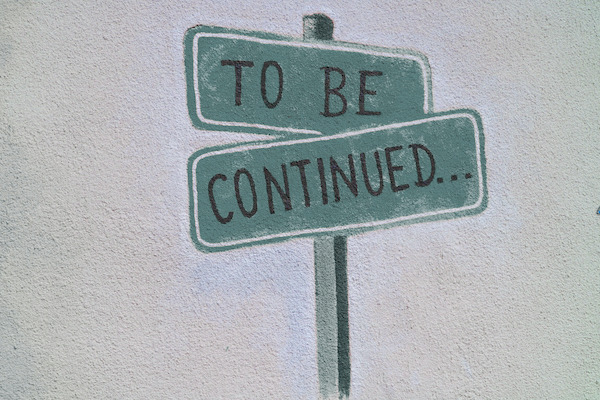Now let’s take the verb to be through a complete conjugation. But first, consider its uniqueness.
To Be, Unique Among All Verbs
In the entire English language, one verb stands out: the verb to be. It serves more roles than most verbs, for it can serve as a main verb and a primary auxiliary verb. As an auxiliary, it serves the vital roles of forming the passive voice (The ball was hit by John) and the progressive tense (John was hitting the ball over the fence).
Miss Hamrick could never make up a chant about the irregular forms of the verb to be because it doesn’t have just one past-tense form like the other irregular verbs do. It does have the standard one-word present participle, being, and the standard one-word past participle, been.
But there’s not a chant like drink-drank-drunk available for the verb to be. Instead of using the infinitive form for the present tense and one word for each of the standard four forms (infinitive, past tense, past participle, present participle), the verb to be uses three words to express present tense and two words to express past tense.
Thus, the verb to be uses eight words to express the standard forms:
To Be, Eight Words Showing Its Various Forms
You need eight words when conjugating the verb to be:
| Form | To Be |
| Infinitive | 1. be |
| Present Tense | 2. am 3. is 4. are |
| Past Tense | 5. was 6. were |
| Past Participle | 7. been |
| Present Participle | 8. being |
Irregular Verbs, Five Words Showing Various Forms
In contrast, only five words are needed to show the forms of the irregular verb see:
| Form | To See |
| Infinitive | 1. see |
| Present Tense | 1. see (same as infinitive) 2. sees (third-person singular) |
| Past Tense | 3. saw |
| Past Participle | 4. seen |
| Present Participle | 5. seeing |

It’s vital, of course, that you learn to conjugate the verb to be throughout all tenses, for you’ll need all these forms when you create the progressive tenses and the passive voice. Study, please, a conjugation of the verb to be:
Present Tense, To Be
Here’s the present tense of the verb to be:
| Person | Singular | Plural |
| First Person | I am | We are |
| Second Person | You are | You are |
| Third Person | He-she-it is | They are |
Past Tense, To Be
Here’s the past tense of the verb to be:
| Person | Singular | Plural |
| First Person | I was | We were |
| Second Person | You were | You were |
| Third Person | He-she-it was | They were |
Future Tense, To Be
Here’s the future tense of the verb to be:
| Person | Singular | Plural |
| First Person | I will be | We will be |
| Second Person | You will be | You will be |
| Third Person | He-she-it will be | They will be |
Present-Perfect Tense, To Be
Here’s the present-perfect tense of the verb to be:
| Person | Singular | Plural |
| First Person | I have been | We have been |
| Second Person | You have been | You have been |
| Third Person | He-she-it has been | They have been |
Past-Perfect Tense, To Be
Here’s the past-perfect tense of the verb to be:
| Person | Singular | Plural |
| First Person | I had been | We had been |
| Second Person | You had been | You had been |
| Third Person | He-she-it had been | They had been |
Future-Perfect Tense, To Be
Here’s the future-perfect tense of the verb to be:
| Person | Singular | Plural |
| First Person | I will have been | We will have been |
| Second Person | You will have been | You will have been |
| Third Person | He-she-it will have been | They will have been |
Hard Copy
You may download our entire discussion of the Parts of Speech. Simply download the Grammar eBook Understanding the Parts of Speech.
Previous: Conjugating Irregular Verbs
Next: Conjugating in the Progressive Aspect








Have a discussion about this article with the community:
Report Comment
We're doing our best to make sure our content is useful, accurate and safe.
If by any chance you spot an inappropriate comment while navigating through our website please use this form to let us know, and we'll take care of it shortly.
Attachment
You need to be logged in to favorite.
Log In